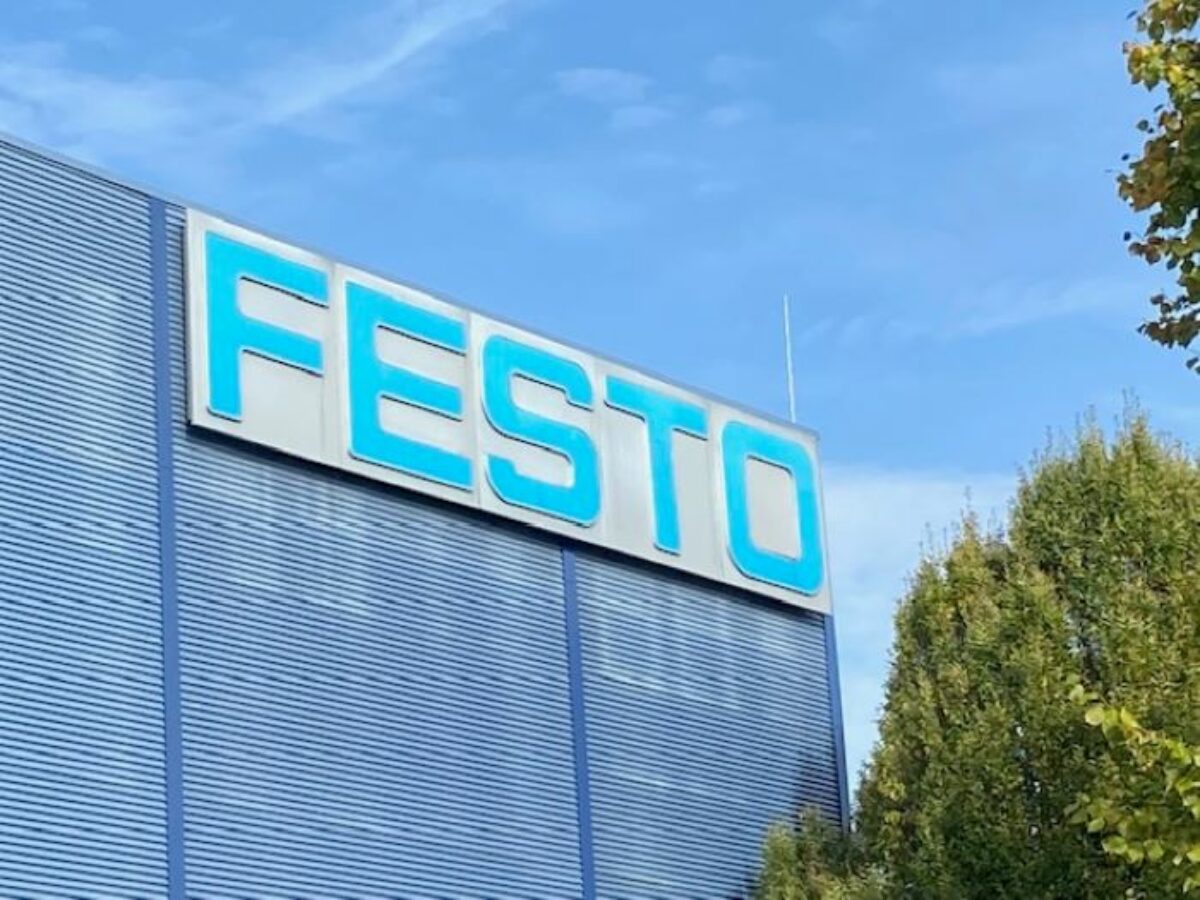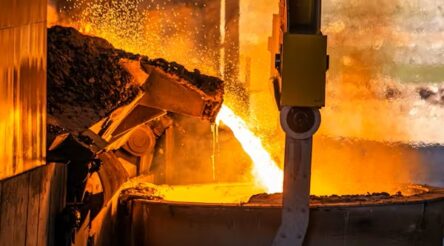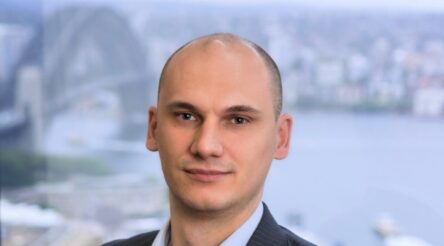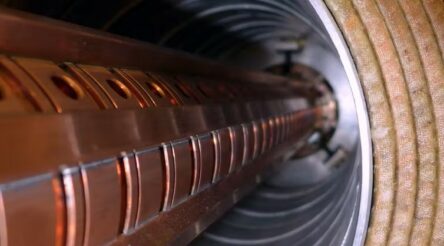Lessons from the global move to decarbonise industry part 2 – by Cori Stewart

Cori Stewart and a group of eminent Australians have just returned from Europe and the Middle East, discussing growing manufacturing in a fast decarbonising world, and accelerating Industry 4.0 adoption. In the second part of a two-part series, she visits Germany and the Middle East.
The Australian mission spent several days were spent with Germany’s Fraunhofer Institutes and local manufacturers in Stuttgart, the manufacturing heartland of the nation and home to Mercedes-Benz, Porsche, Bosch, Festo, Trumpf were among the industrial companies and research institutions.
Fraunhofer had systematised Germany’s success at Industry 4.0 implementation into business assessment tools.
In 2016, Australia’s Innovative Manufacturing CRC collaborated with Fraunhofer to translate and share this work with Australian companies. Now the Fraunhofer are building on this work with added focus on advanced product development and green manufacturing.
This development is of interest given it is relevant to our high-value bespoke or mass customised manufacturing, including robotics manufacture, that is typically export intensive.
Our time in Germany culminated in the formal event, the Fraunhofer Science and Innovation Day Australia in Augsburg.
Image removed by sender.
Here Emeritus Professor Roy Green and I represented ARM Hub, alongside Australian businesses like ESI Solutions, CSIRO, Australian Government, Australian Universities, Trade and Investment Queensland and the Western Australian Government. Europe’s interest in hydrogen and critical minerals as part of its energy transition was the prominent area of focus, with Fraunhofer researchers interested in Australian partnerships.
The Day did result in new and expanded partnerships with the various Fraunhofer Institutes and the message to share is that there are well established programmes and funding pathways for Australians and Germans to leverage investment for applied research initiatives.
Setting the decarbonisation agenda of the tour, was my first stop in Abu Dhabi, UAE where I spoke at ADIPEC 2023: the world’s largest decarbonisation and energy conference.
The event was massive with 184,000 people and 1,600 speakers.
A key learning was the dramatic difference in the decarbonisation and energy transition strategies between the Global North and the Global South and the necessarily different, multifaceted and multi-technology approach each country will take.
Attending the conference were the world’s leading companies from technology, manufacturing, machinery and equipment sectors with pavilions, sponsored speaker sessions and participants in the CEO Leadership Roundtables.
One way the UAE is accelerating its energy transition is through large-scale foreign contracting with all the big names in tech and the industrial sector.
But, the most significant local news was the country’s local procurement programme, which has been successfully attracting businesses to establish themselves in the middle east as much as it is modernising and decarbonising existing industry.
While I am curious who will be in the innovation makers and who will be the innovation takers in this scheme, the scale of investment makes UAE a major global player.
Back home, and our national research priorities highlight net zero, and as an exporting country we need to get our decarbonising strategy and capability right. This tour in Europe and the Middle East has been important part of solving this puzzle for the ARM Hub.
Associate Professor Cori Stewart is a strategic leader who co-innovates with industry, government, research institutions and the community. She has held senior appointments across many of these sectors where she has specialised in building complex cross-sector partnerships, raising funds, and overseeing portfolios of programmes and projects. Cori is CEO of the Advanced Robotics for Manufacturing Hub (ARM Hub) and Associate Professor in Creative Industries at QUT. She travelled to Europe and the Middle East with Emeritus Professor Roy Green, ARM Hub Chair and Peter Klinken, Chief Scientist of Western Australia.
Picture: Festo/Germany has systematised Industry 4.0 implementation
Topics Analysis and Commentary ARM Hub Associate Professor Cori Stewart Australian Government CSIRO decarbonisation Emeritus Professor Roy Green ESI Solutions Fraunhofer institutes Industry 4.0 Innovative Manufacturing CRC Manufacturing News Peter Klinken procurement Trade and Investment Queensland Western Australian Government
@aumanufacturing Sections
Analysis and Commentary Awards casino reviews Defence Gambling Manufacturing News Online Casino Podcast Technology Videos





